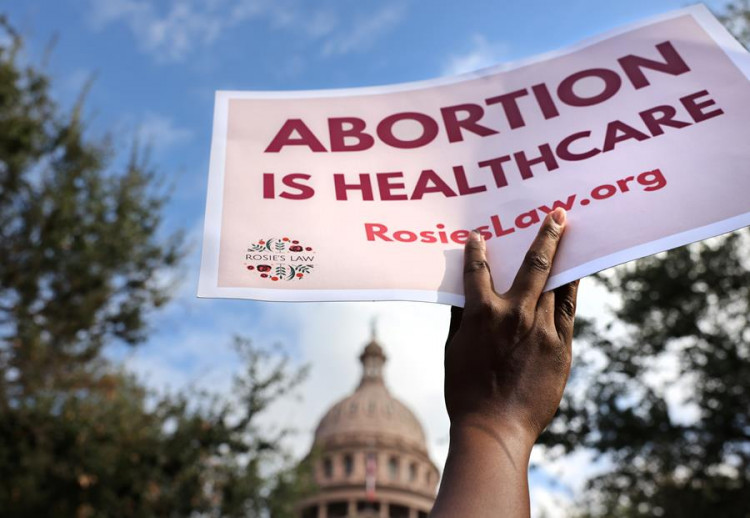The U.S. Supreme Court has ruled against a legal challenge to the Food and Drug Administration's (FDA) approval of the abortion drug mifepristone. The unanimous ruling marks a significant victory for the Biden administration and supporters of abortion rights, reaffirming the FDA's regulatory authority.
The case, which was closely watched following the 2022 overturning of Roe v. Wade, saw the justices rule that the plaintiffs, a group of anti-abortion healthcare associations, lacked the legal standing to sue. "Under Article III of the Constitution, a plaintiff's desire to make a drug less available for others does not establish standing to sue," wrote Justice Brett Kavanaugh, who authored the opinion.
The ruling stems from lawsuits initiated by the Alliance for Hippocratic Medicine, which claimed that mifepristone has a high rate of complications. Despite their objections, the court found that these concerns did not constitute a justiciable case. "The plaintiffs have sincere legal, moral, ideological, and policy objections to elective abortion and to FDA's relaxed regulation of mifepristone," Kavanaugh stated. "But under Article III of the Constitution, those kinds of objections alone do not establish a justiciable case or controversy in federal court."
The court's decision remanded the case back to the Fifth Circuit, consistent with its opinion. This marks a pivotal moment in the ongoing debate over abortion rights and FDA regulatory processes.
Erin Hawley, counsel for the Alliance Defending Freedom, expressed disappointment with the ruling. "We are disappointed that the Supreme Court did not reach the merits of the FDA's lawless removal of commonsense safety standards for abortion drugs," she said. "Nothing in today's decision changes the fact that the FDA's own label says that roughly one in 25 women who take chemical abortion drugs will end up in the emergency room."
The legal challenge questioned the FDA's revisions to mifepristone regulations since 2016, which included reducing the recommended dose, extending the permissible use up to 10 weeks of pregnancy, and allowing the drug to be mailed. The Biden administration, along with mifepristone manufacturer Danco, had urged the Court to reverse an appellate ruling that would have restricted access to the drug.
Mifepristone, used in conjunction with misoprostol, is a widely utilized method for medication abortion. Data from the Guttmacher Institute indicates that nearly two-thirds of all U.S. abortions in 2023 involved mifepristone, underscoring its critical role in reproductive healthcare.
Justice Clarence Thomas, in a concurring opinion, raised concerns about the concept of "associational standing" presented in the case. He highlighted that the Alliance's attempt to sue based on injuries to doctors within its member associations deviated from traditional standing rules.
The Supreme Court's decision has significant implications for the FDA's drug approval process. Abigail Long, a spokesperson for Danco, lauded the ruling, stating, "By rejecting the Fifth Circuit's radical, unprecedented and unsupportable interpretation of who has standing to sue, the justices reaffirmed longstanding basic principles of administrative law."
President Joe Biden acknowledged the ruling as a win for reproductive rights but emphasized the ongoing challenges in many states where abortion access remains restricted. "It does not change the fact that the right for a woman to get the treatment she needs is imperiled if not impossible in many states," he said in a statement.
The decision has drawn criticism from anti-abortion advocates, who see it as a setback. Marjorie Dannenfeiser, president of SBA Pro-Life America, pointed to the importance of upcoming elections in shaping abortion policy. "Joe Biden and the Democrats are hell-bent on forcing abortion on demand any time for any reason, including DIY mail-order abortions, on every state in the country," she stated.






